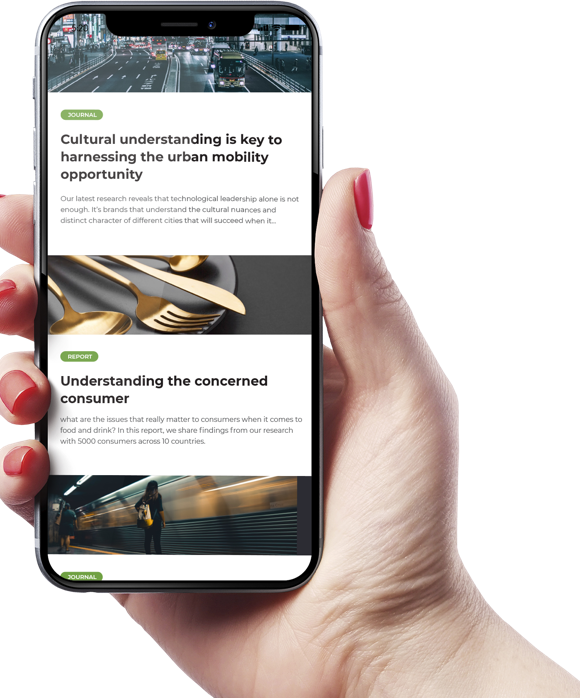In this insightful video, our Country Manager for Singapore, Derek Goh, sheds light on the often overlooked cultural nuances that significantly influence consumer behaviors in Singapore despite its modern facade. Drawing from examples like the Hungry Ghost Festival and Chinese New Year and highlighting the tangible impact of traditional beliefs on purchase patterns during these periods, Derek presents a compelling case for brands to tailor their strategies accordingly. Furthermore, he unveils the growing yet underserved silver generation market, urging brands, especially in the entertainment and leisure sectors, to realign their offerings to cater to this expanding demographic, tapping into a lucrative and burgeoning market segment. Watch the video here.
Here’s a transcript from the video from Derek Goh:
What cultural values and beliefs influence purchase decisions in Singapore?
Derek Goh: When it comes to traditional beliefs and values influencing purchase behavior, you would have thought that a modern metropolis like Singapore would be very advanced and very interesting in how they buy things, and that’s true, but traditions and values still influence purchase behavior, quite a bit. For example, in August, the lunar calendar is actually the seventh month, which in Chinese belief is the ghost month or the Hungry Ghost Festival. It is believed that ghosts are released back into the human realm, and we coexist. All that affects purchases, and many people choose not to buy big ticket items during this time because it’s believed to be unlucky. Property sales significantly drop yearly during the Hungry Ghost Festival, and even car sales, which are typically very high in Singapore, experience a bit of a standstill. It’s a down period for car sales in Singapore. So that’s an interesting phenomenon, and it illustrates how, in Singapore, even though we’re quite modern, we still have suspicions and beliefs regarding what influences our purchases.
Another example would be the Chinese New Year period, which is still considered to bring good luck and good fortune, and people in Singapore like to give cash at this time. So, during the early part of the year, all the regional banks in Singapore make sure their cash machines are stocked with fresh dollar bills and even set up specific cash machines in neighborhoods to make the cues manageable. This is another example of how traditional values and beliefs motivate behavior.
What opportunities do you see in the Singaporean market that brands might be missing now?
Derek Goh: Singapore has an advanced economy, of course, and has consumer strategies for different brands, and not surprisingly, most brands target Gen Zs or Millennials. And that’s normal. But one misunderstood segment in the Singapore Consumer Society, I would say, would be the silver generation. I define that as people aged 65 years and above. Why would I say that? According to national statistics in 2010, one in 10 Singaporeans were aged 65 and above.
In 2023, currently, about one in five are above age 65. So, in a span of 13 years, the proportion of Singaporeans who fall into this silver generation has doubled, and it is projected that in the next seven years, by 2030, one in four consumers in Singapore will be aged 65 and above. So, currently, many products and services catering to the aged generation, not surprisingly, are focused on healthcare. That makes sense because these consumers will require healthcare support once they grow older. However, if you think about it, in seven years, one in four people with the power to spend will be above age 65. If you are in the entertainment business, or if you are in the leisure and travel business, are you prepared to serve this currently underserved market?
What would you do differently so you can also capture a share of one in four Singaporeans?
Get regular insights
Keep up to date with the latest insights from our research as well as all our company news in our free monthly newsletter.



 Senior Marketing Executive
Senior Marketing Executive Sales & Marketing
Sales & Marketing General Manager PR -Internal Communications & Government Affairs
General Manager PR -Internal Communications & Government Affairs Vital Strategies
Vital Strategies
 Customer Intelligence Director
Customer Intelligence Director